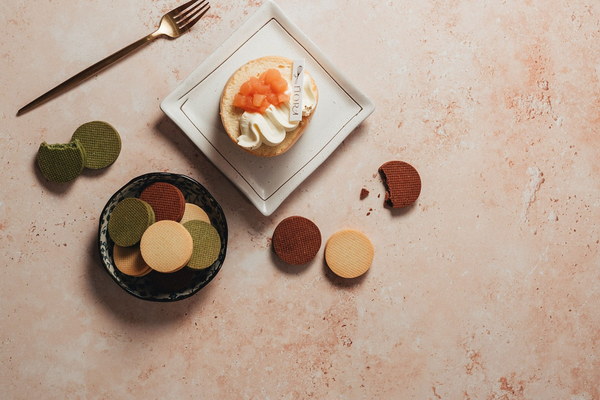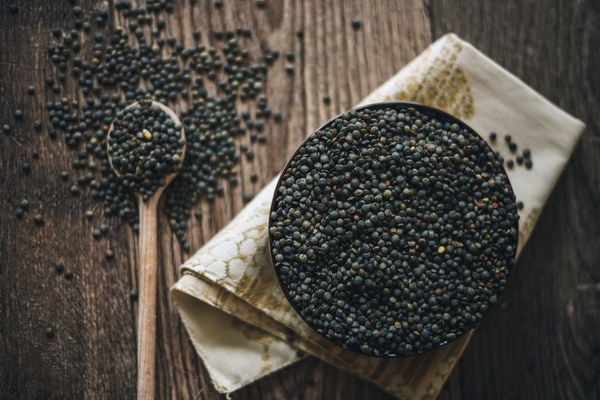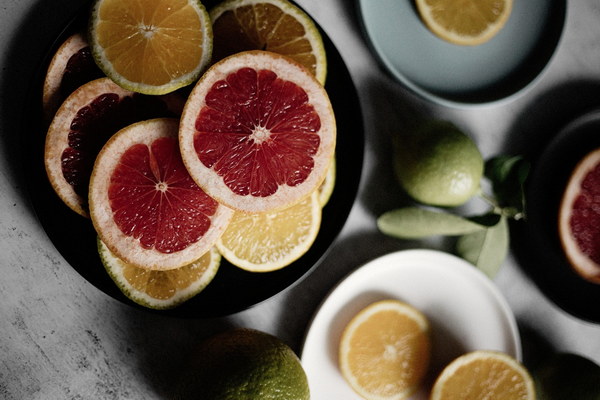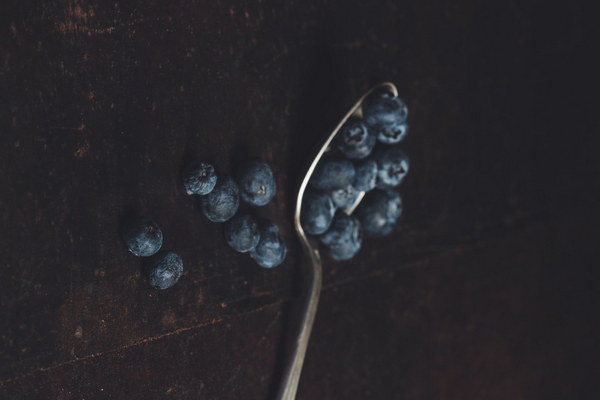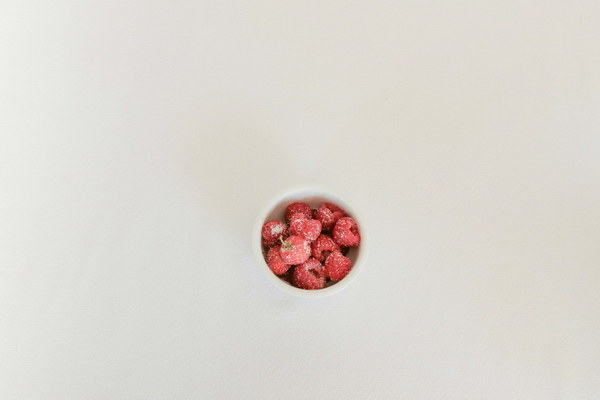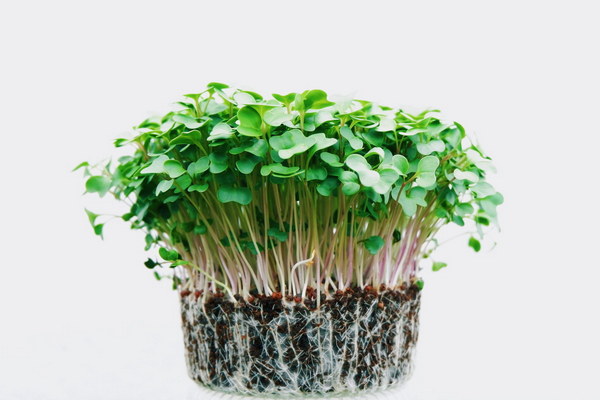Top Chinese Medicine Herbs for Boosting Qi and Blood A Comprehensive Guide
In traditional Chinese medicine (TCM), maintaining a balance of Qi (vital energy) and Blood is crucial for overall health and well-being. When these two vital substances are deficient, it can lead to various health issues, including fatigue, weakness, anemia, and poor immune function. To address these deficiencies, TCM offers a wide range of herbs that can help boost Qi and Blood. This article will explore some of the most effective Chinese medicine herbs for replenishing Qi and Blood, providing a comprehensive guide for those interested in enhancing their health through natural remedies.
1. Astragalus (Huang Qi)
Astragalus is one of the most widely used herbs in TCM for its ability to strengthen the immune system and boost Qi. It is believed to tonify the spleen and lung, thereby enhancing the body's resistance to infections. Additionally, Astragalus is known for its blood-building properties, making it an excellent herb for those with Qi and Blood deficiencies.
2. Ginseng (Ren Shen)
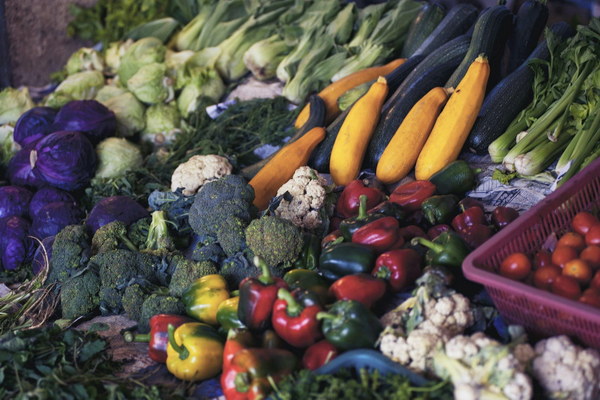
Ginseng is another highly revered herb in TCM, prized for its ability to boost Qi and improve overall vitality. There are different types of ginseng, including American, Siberian, and Panax ginseng, each with its unique properties. Ginseng is believed to tonify the Qi, especially the original Qi (found in the kidneys), and can be used to treat fatigue, weakness, and other symptoms associated with Qi deficiency.
3. Codonopsis (Dang Shen)
Codonopsis is a versatile herb that can be used to tonify both Qi and Blood. It is often used as a substitute for ginseng when ginseng is not available or too expensive. Codonopsis is believed to nourish the spleen, improve digestion, and enhance the immune system. It is also used to treat anemia, fatigue, and weakness due to Qi and Blood deficiencies.
4. Ligustrum (Nu Zhen Zi)
Ligustrum is a traditional Chinese herb known for its ability to tonify the liver and kidneys, as well as its blood-building properties. It is commonly used to treat anemia, fatigue, and weakness, especially when these symptoms are due to liver and kidney deficiencies. Ligustrum can also help improve memory and cognitive function.
5. Rehmannia (Shu Di Huang)
Rehmannia is a well-known herb in TCM for its blood-building properties, making it an excellent choice for treating anemia and other blood-related issues. It is also believed to nourish the kidneys and replenish the Yin, which can help alleviate symptoms of weakness, fatigue, and hot flashes. Rehmannia is often combined with other herbs to create a balanced formula for treating Qi and Blood deficiencies.
6. Cinnamon (Rou Gui)
Cinnamon is a warm and spicy herb that can help boost Qi and Blood, especially in cases where the body is cold and has a weak constitution. It is believed to tonify the heart, kidney, and spleen, and is often used to treat fatigue, cold limbs, and other symptoms of Qi and Blood deficiencies.
In conclusion, these Chinese medicine herbs are among the best options for boosting Qi and Blood. However, it is important to note that TCM is a personalized form of medicine, and the appropriate herbs for each individual may vary. It is recommended to consult with a qualified TCM practitioner to determine the best treatment plan for your specific needs.
By incorporating these herbs into your daily routine, you can help maintain a healthy balance of Qi and Blood, leading to improved vitality, strength, and overall well-being. Whether you are looking to address a specific health issue or simply want to enhance your overall health, these traditional remedies can provide a natural and effective way to achieve your goals.

